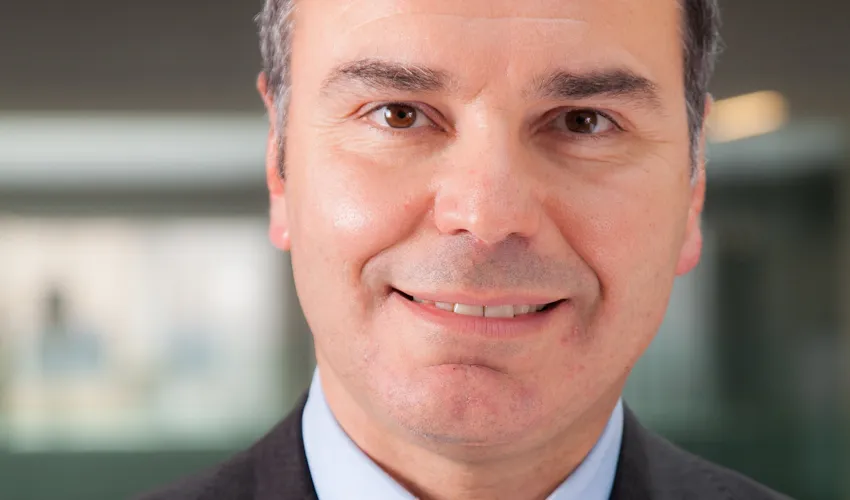
The challenge is to invest in sustainable development
With portfolios worth more than $10 trillion, Sovereign Wealth Funds (SWFs= are a prominent and fast-growing class of institutional investors. Given the sheer size of their assets, sovereign wealth funds can move the needle in achieving UN Sustainable Development Goals (SDGs) and bridge the huge financing gap developing countries face. Furthermore, state sponsorship legitimizes them to address market failures in their investment strategies, accounting for externalities, and investing in public goods. The intergenerational nature of SWF's business places them in a better position to assess the materiality of long-term risks, such as climate change, to their portfolios. At the same time, as universal owners with large stakes in companies across a huge range of sectors and markets, SWFs are uniquely placed to drive the transition across the investment cycle through active and responsible ownership.
Yet, SWFs are often referred to as "sustainability laggards", and their participation in the responsible investing movement has been claimed to be lackluster relative to other institutional investors and private-sector counterparts. According to a recent UNCTAD survey, only 13% of SWFs interviewed had published a sustainability report in 2019, while the share of pension funds already doing so is 31%. Indeed, a part a few notable exceptions (notably Norway's Government Pension Fund Global (GPFG), SWFs are generally portrayed as isolated institutions, shielded from the external pressure to change investment policies and deliver on the SDGs.
Over and above this anecdotal evidence, a recent paper aims to set the record straight about sustainable investment by global SWFs, by providing updated and comprehensive data about their deal-making in this space. The data show that indeed SWFs did not engage deeply in making sustainable investments, as only 7 percent of global deal value can be classified along the SDGs. The sectoral distribution shows an impressive concentration in healthcare, and an even allocation among main target developed economies, while within emerging countries Southern Asia sticks out as the primary target due to the impressive activity of Singaporean funds. Sadly, Africa, the continent desperately needing this type of capital, is still under the SWFs' radar.
The research has also studied empirically the determinants of SWF sustainable investing in the framework of competing theories of the drivers of ESG (Environment, Social and Governance) considerations in investment decisions. Political factors or SWF type in terms of developmental orientation do not seem to matter, while stronger ESG policies in place seem conducive to more sustainable investments by SWFs.
SWFs as universal owners, namely institutional investors with large, globally diversified portfolios, are uniquely placed to foster and hasten the sustainability transition mentioned above, and genuinely deliver on SDGs. So far, however they have adhered to a strict interpretation of their fiduciary duty, aligning their strategies to purely financial considerations, shunning any other goal that would make them look politically motivated. This approach was enshrined in the Santiago Principles, a voluntary high-level code of conduct that was drafted by the International Working Group of SWFs and endorsed by the International Monetary Fund in 2008. A review of these principles is probably overdue. Based on our research, we recommend the formulation of a "Santiago 2.0" version, led by the International Forum of Sovereign Wealth Funds, where the pursuit of SDGs is explicitly stated as a legitimate goal and as an integral part of their fiduciary duty, catalyzing a broader adoption of sustainable investment practices among private and state-sponsored financial institutions alike.